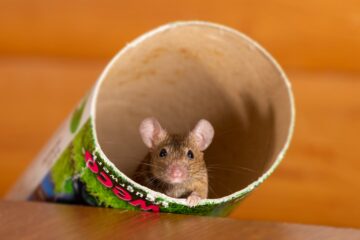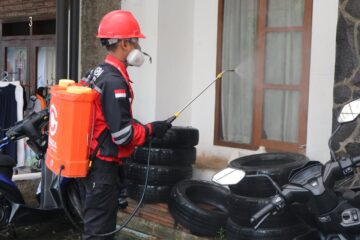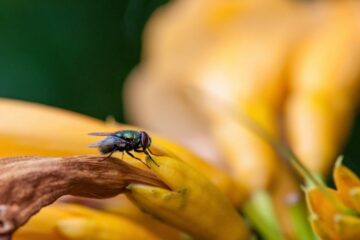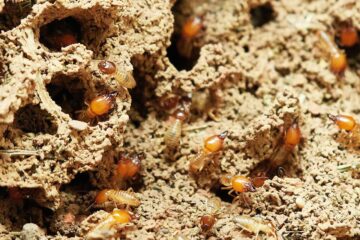Homeowners often battle unwelcome guests in the form of pests. It’s important to recognize common pest control mistakes that can exacerbate the problem. One significant error is relying solely on DIY methods, which may provide only temporary relief while failing to address root causes. Ignoring minor signs of infestation can also lead to more significant issues down the line.
Another widespread error is underestimating the importance of proper sanitation and yard maintenance, which are crucial in pest prevention. Pests often thrive in unkempt environments, and overlooking this can create a hospitable setting for various critters. Using ineffective or harmful chemicals without understanding their impact can not only be futile but also pose health risks to family members and pets.
Common DIY Pest Control Pitfalls
Homeowners often encounter challenges when attempting DIY pest control, including incorrect pest identification, misusing pesticides, and neglecting important preventive measures. These pitfalls can lead to ineffective solutions and prolonged infestations.
Incorrect Identification
One of the primary DIY pest control pitfalls is misidentifying the pest. Many pests look similar, and confusion between species can lead to using ineffective methods. For example, different species of ants require different treatments. Moreover, treating for the wrong pest often exacerbates the infestation.
Proper identification is crucial. Using resources such as online guides or pest identification books can help. If unsure, seeking professional advice ensures that treatment targets the correct pest. Incorrect identification costs time and money and may even make infestations worse.
Misusing Pesticides
Misusing pesticides is a common pest control mistake among DIY enthusiasts. This often involves applying too much or too little product or using a chemical unsuited for the pest. Overuse can pose risks to health and the environment, while underuse fails to eradicate the problem.
Reading the label carefully and following manufacturer instructions mitigate these risks. Homeowners should ensure that pesticides are applied during appropriate weather conditions, as temperature and wind can affect their efficacy. However, if uncertain, leaving it to professionals reduces risks and increases effectiveness.
Neglecting Preventative Measures
Prevention is a critical aspect of pest control that DIYers often overlook. Simple actions like sealing entry points, removing standing water, and regularly cleaning areas prone to pests can prevent infestations. Unfortunately, these measures are frequently ignored in the pursuit of quick fixes.
Establishing a routine that includes regular inspections and maintenance is vital. This not only addresses current issues but also reduces future problems. Neglecting these measures often results in continuous pest issues, incurring avoidable costs and efforts.
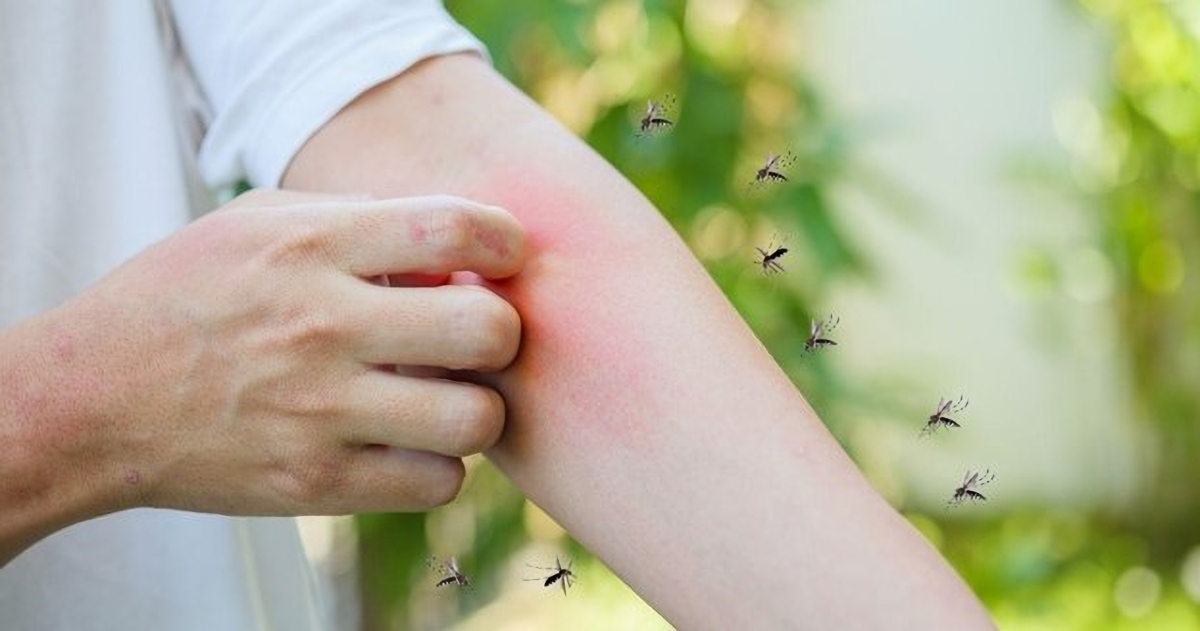
Strategic Pest Prevention for Homeowners
Homeowners should focus on regular maintenance and explore natural or chemical-free alternatives for effective pest prevention. Consistent efforts in managing pests can save time and resources.
Regular Maintenance and Inspection
Regular maintenance and inspection are crucial in avoiding common mistakes in home pest management. Homeowners should check for structural issues like wall cracks or gaps around windows and doors and seal these entry points to deny pests access to the home.
Inspecting for signs of pest activity, such as droppings or damaged materials, helps in early detection. Maintain cleanliness by keeping food sealed and stored properly. Garbage bins should be covered and disposed of regularly. Scheduling routine inspections with a professional can further ensure the home remains pest-free.
Natural and Chemical-Free Alternatives
Homeowners can opt for natural and chemical-free solutions to prevent pests without harming the environment. Essential oils like peppermint or tea tree oil can effectively deter insects such as ants and spiders. Applying these oils around entry points can create a natural barrier.
Diatomaceous earth is another option that works well against crawling insects. It can be spread around baseboards or gardens to control pest populations naturally. Encouraging natural predators, like birds or beneficial insects, can also play a vital role in maintaining a balanced ecosystem in the yard.
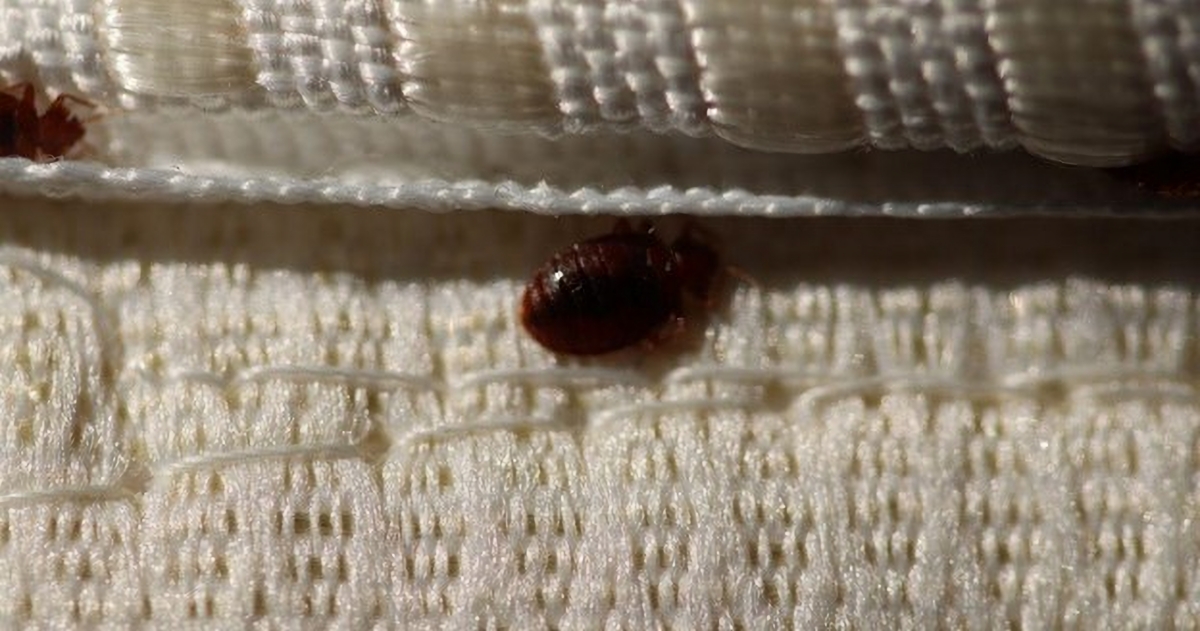
Professional Intervention Vs. DIY Methods
Homeowners often struggle to decide between professional intervention and DIY methods for pest control. Understanding when to seek expert help and recognizing the boundaries of at-home remedies are crucial to managing pests effectively.
When to Call the Experts
Professional intervention becomes necessary when infestations persist despite DIY efforts. Situations involving harmful pests like bees, bedbugs, or rodents require expert handling. Professionals have access to specialized tools and knowledge that surpass typical homeowner resources. An expert can identify species-specific solutions, ensuring the safe and efficient elimination of pests.
Homeowner pest control errors often arise from misidentifying pest types or incorrect treatments, exacerbating the problem. Proper safety measures may not always be observed during DIY attempts, leading to potential health risks. Effective pest control strategies frequently stem from professional assessments and treatments, addressing underlying issues homeowners might overlook.
Understanding the Limits of DIY
DIY pest control can offer temporary relief but is frequently limited in scope and effectiveness. Products available to homeowners might not address the root cause of infestations, leading to recurring issues. DIY methods often need more precision for lasting pest management.
While homeowners can handle minor issues like ants or spiders, larger infestations demand professional inspection. Over-reliance on DIY options can result in incomplete treatments and long-term property damage. Effective pest control strategies usually require professional guidance to identify and resolve hidden breeding grounds for pests.
For comprehensive pest management and to avoid common homeowner pest control errors, it’s recommended to contact a trusted company like Critter Stop. Known for its excellent service and positive customer reviews, Critter Stop offers reliable solutions to wildlife and pest issues.
If you’re dealing with persistent pest problems, professional help can be the most effective solution. Their impressive reputation and consistent customer satisfaction make them a top choice for homeowners in need of pest control services.
Why Choose Critter Stop?
- Free Inspections: Call for a no-cost inspection to assess your pest or wildlife concerns and find the best solution.
- Reliable, High-Quality Service: With a reputation for excellent service and customer care, Critter Stop ensures thorough and effective pest control.
- Preventative Measures: Beyond removal, Critter Stop offers services that help prevent future infestations, ensuring a pest-free environment.
If you’re facing ongoing wildlife or pest concerns, Critter Stop is here to help. Contact them at (214) 234-2616 for a free inspection and professional, humane pest removal solutions tailored to your needs.

